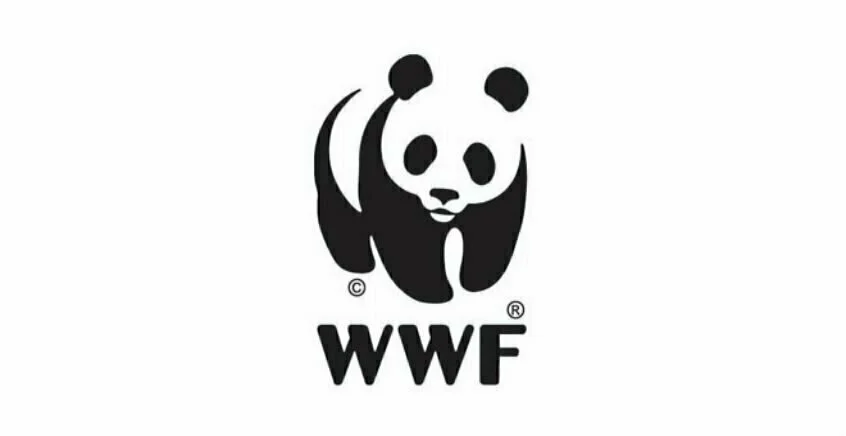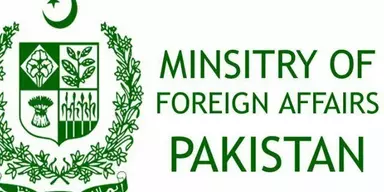The nature has always been playing part in one’s survival to rise up. However, whatever the matter we can’t deny that the destruction in ancient times were some after-effects of violating the nature. Till today the Human’s interruption, intentionally or unintentionally has directly or indirectly been affecting the biological diversity and world’s geography.
But all along it, there is always someone with aim to do something beneficial for all, in the scenario WWF came up with aim to conserve nature and reduce the most pressing threats to the diversity of life on Earth.
WWF was established in 1961, later different regional and country offices were setup to upheld the cause.
WWF-Pakistan
In Pakistan, WWF emerged in 1970 and till the date has done a lot as per their manifesto. Today, WWF Pakistan has a total of 29 offices – it works through 22 project offices, 6 regional offices in Gilgit, Islamabad, Karachi, Muzaffarabad, Peshawar and Quetta, and head office office located in Lahore.
The organisation has been delivering in the field as they introduced several projects, which successfully got completed and even they are up with many projects, which are directly linked to the forests, freshwater, species, sustainable agriculture and many others.
WWF- Priority species in Pakistan
What are priority species?
A “priority species” is reflective of a key threat across that ecoregion – such that conservation of the species will contribute significantly to a broader threat mitigation outcome. It is often crucial to the economic and/or spiritual wellbeing of peoples within that ecoregion.
List of priority species in Pakistan
- Indus River Dolphin
- Leopard
- White backed vulture
- Marine Turtles
- Freshwater Turtles
- Cetacean
- Sharks
- Tuna
- Marco Polo Sheep
- Migratory Water fowls
- Otter
- Blue Sheep
- Himalayan Ibex
- Himalayan Lynx
- Balochistan Black Bear
- Markhor
- Hog Deer
- Indian or Thick-tailed Pangolin, Punjab Urial
WWF-Pakistan is working for their survival in different ways and it also tells that how the common people can play their part in doing so.
WWF-Pakistan ongoing projects
WWF-Pakistan classifies the projects in the following areas: Forests, Freshwater, Market Transformation/ Sustainable Agriculture Programme, Species, Climate Change, Marine.
Forests
Improving Sub-watershed Management and Environmental Awareness around Ayubia National Park (G200 – Western Himalayas)– Phase VII
Preparation of Action Plan and Capacity Building for a National Forest Monitoring System (NFMS) for REDD+
Analysis of Forest Cover and Change in WWF Priority Places
Freshwater
City-wide Partnership for Sustainable Water Use and Water Stewardship in SMEs in Lahore, Pakistan
Water Stewardship in Pakistan
Improving Livelihoods of Fishermen Communities of Central Indus Wetlands Complex, Pakistan through Effective Natural Resource Management
Environmental Baseline Survey and Monitoring of Rehabilitation and Modernization of Jinnah Barrage Under Punjab Barrages Improvement Phase II Project
Installation of Drinking Water Facilities in the City of Lahore for the Local Communities
Alliance of Water Stewardship Standards
Market Transformation/ Sustainable Agriculture Programme
Sustainable Cotton Production in Pakistan’s Cotton Ginning SMEs
Pakistan Sugarcane Improvement Programme – II
Better Cotton Fast Track Fund (BCFTF) – Jhang, Sukkhur/Ghotki, Rahim Yar Khan
Pakistan Sustainable Cotton Initiative-III, (PSCI-III)
Promotion of Water Stewardship in Cotton Growing Area of Punjab
Exploring Possibilities of Organic Seed Cotton Production in Pakistan
Species
Gyps Vulture Restoration Project
Conserving the Critically Endangered Gyps Vulture through Effective Habitat Protection and Community Based Livestock Management
Conserving Snow Leopard and Alpine Wetlands – A Strategy to Manage Qurumber National Park, Ghizer (Pakistan)
Community Based Conservation of Snow Leopard and Improved Watershed Management
Common Leopard Conservation Project
Combating Illegal Wildlife Trade by Establishing National Monitoring Network that Benefits Local Communities & Environment
Climate Change
Himalayan Climate Change Adaptation Programme (HICAP) in Upper Indus River Basin, Pakistan
Building Capacity on Climate Change Adaptation in Coastal Areas of Pakistan
Enhancing the Value of Hydrological Resources for Livelihoods, Youth Employability and Resilience, an R&D Pilot in Giligt-Baltistan, Pakistan
Agricultural Water, Energy and Hazard Management in the Upper Indus Basin for Improved Livelihood
Marine
Indian Ocean Skipjack and Bait Fish Management
SFI- Norad- Implementing Maldives Pole and Line Tuna Port Sampling Project and VMS/AIS Analysis within the Pakistani Gillnet Fleet
Socio Economic Impact Evaluation for Indian Ocean Tuna FIPs and MSC
Promote the Conservation of Large Whales in Northern Indian Ocean focusing on the Arabian Sea Population of Humpback Whales
Areas Beyond National Jurisdiction- By catch in Indian Ocean















